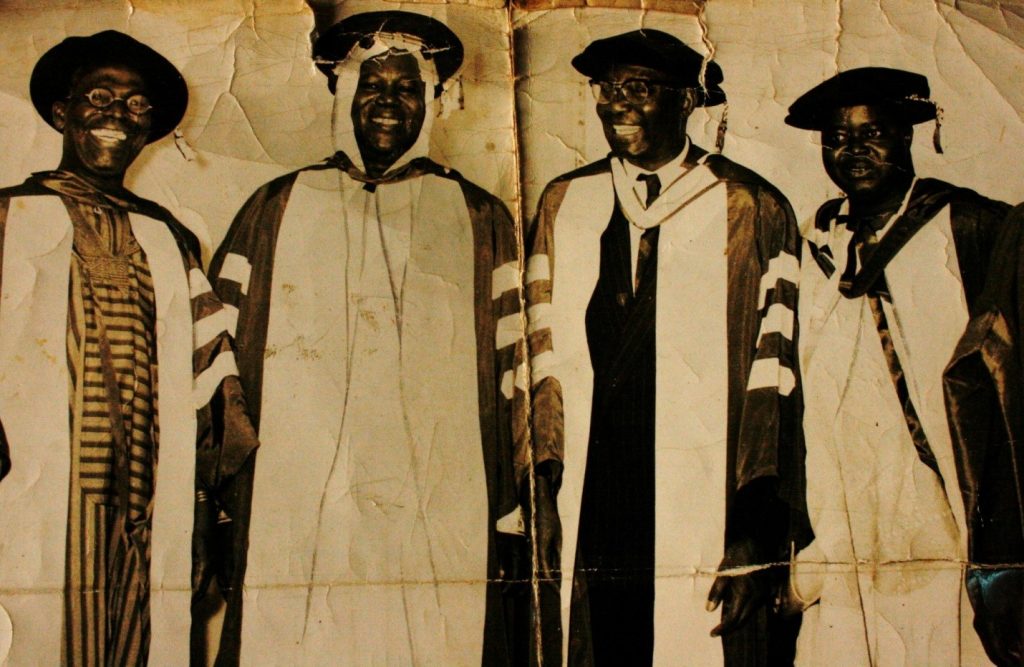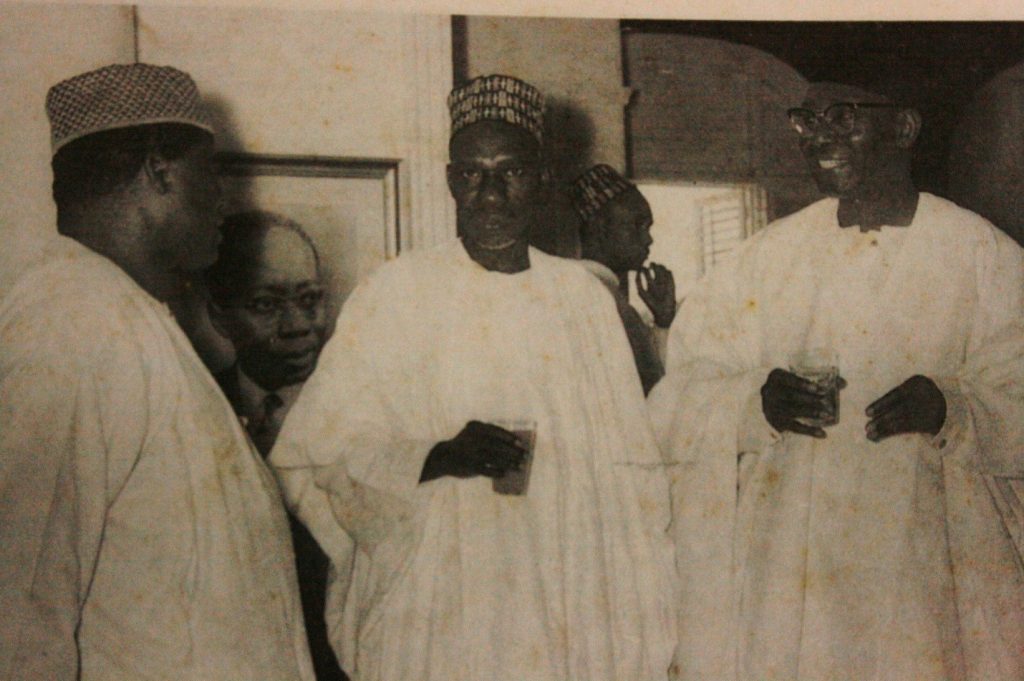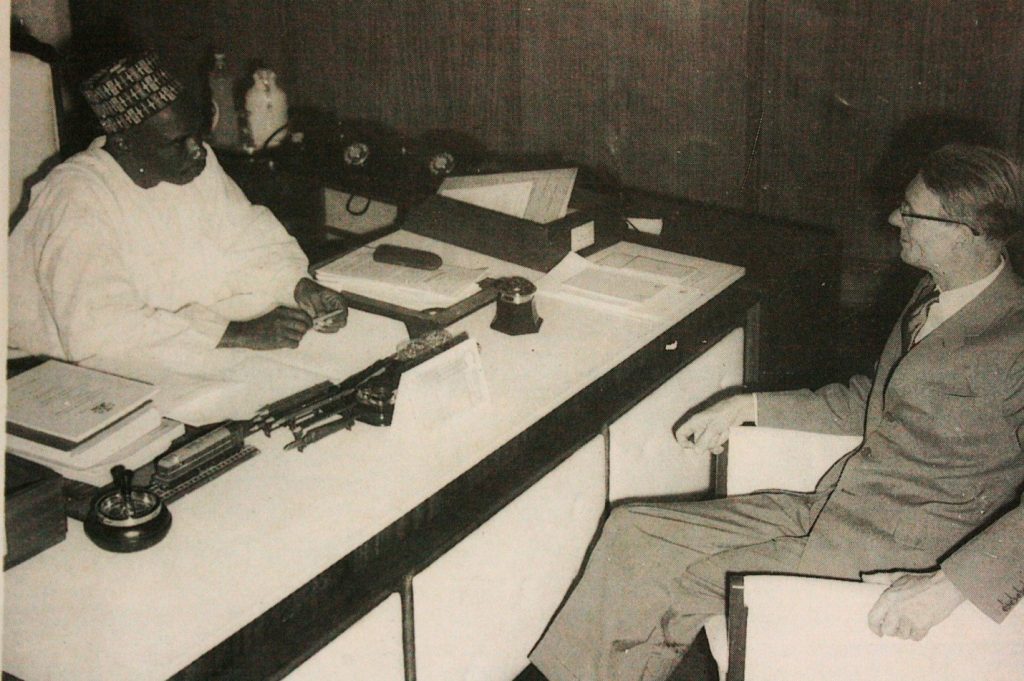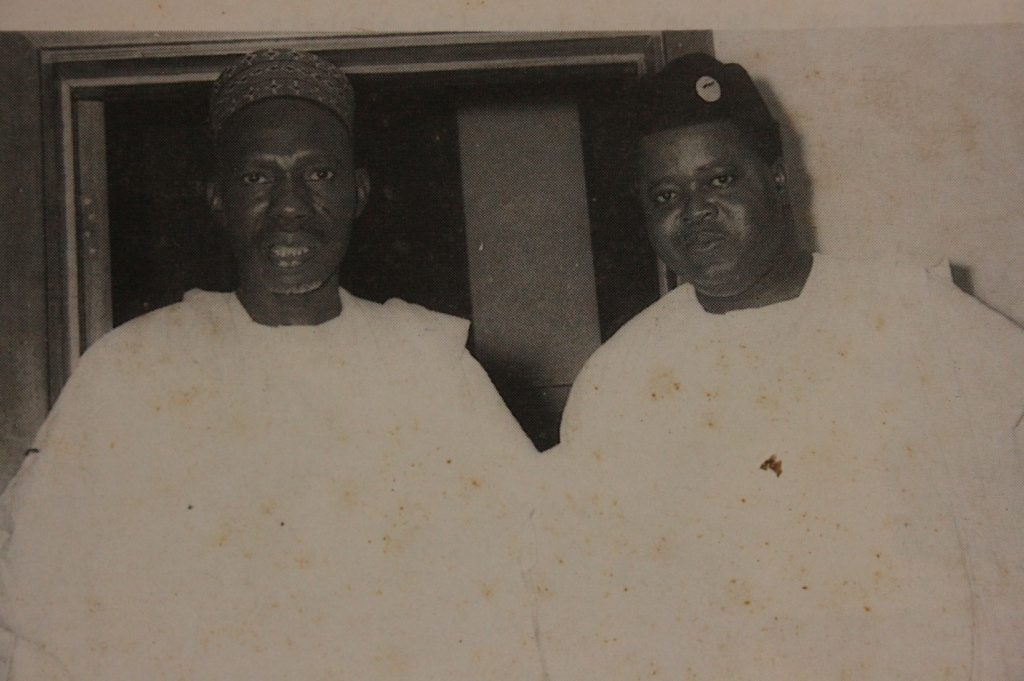Nigeria’s Independence Leaders Part 1
A Pictorial Perspective of Nigerian Leadership
Nigeria gained Independence on 1st of 1960, It has had leaders from Nigerian leaders who have helped shape the Nation into a vibrant African force. The replete challenges nonetheless, Nigerian leaders have contributed positively to the Nation in no small measure. The Journal explores their layered contributions to governance, national structure, peace, economy, and the preservation of the country’s unity by these leaders.
Alhaji Tafawa Balewa

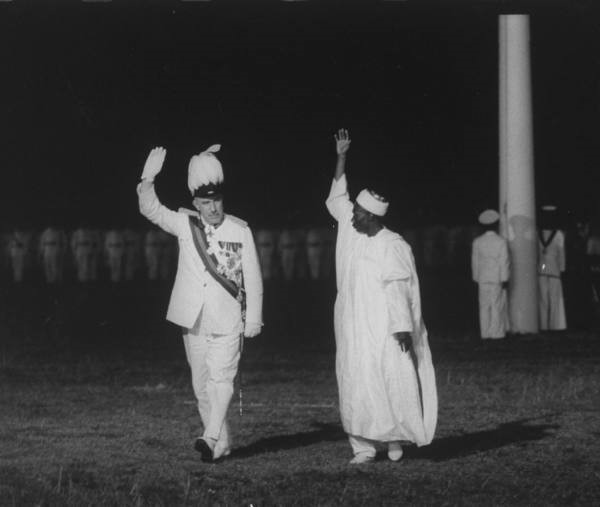
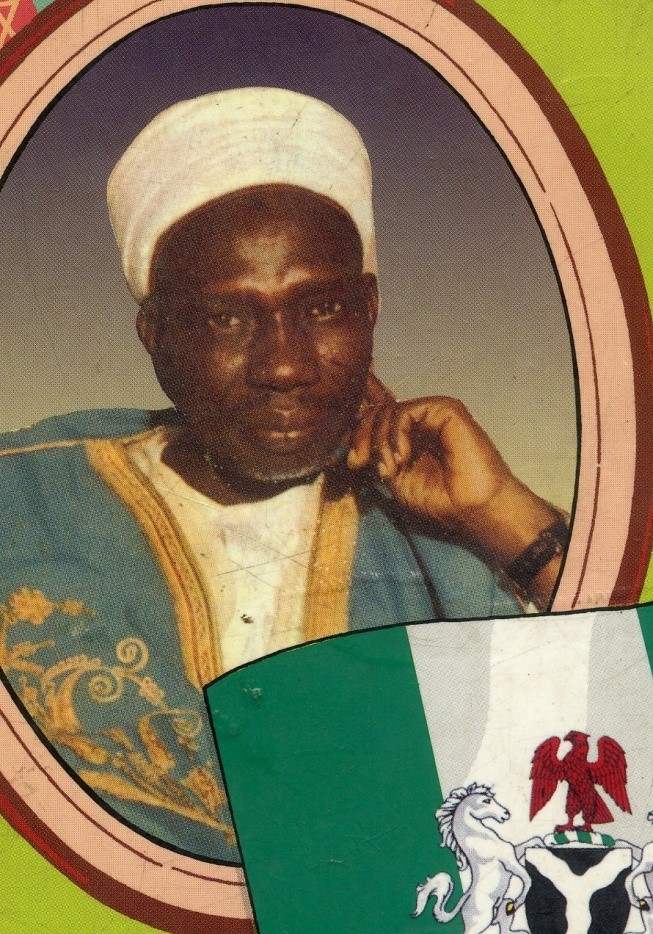
Alhaji Sir Abubakar Tafawa Balewa (December 1912 – January 15 1960) was the first Prime Minister of Nigeria. He was one of the founding members of the Northern Peoples Congress, a political party ruled the country in the first quarter of Nigeria’s independence. Sir Abubakar Tafawa Balewa is regarded as the father of Nigeria Foreign policy.
He was an advocate for the rights of Northern Nigeria during the colonial era, and collaborated with Sir Ahmadu Bello, the Sarduana of Sokoto, to make the Northern People’s Congress a political force during the 1951 elections in Nigeria.
He was appointed as Minister of Works in 1952, and later Minister of Transport. His tenure as Minister of Transport saw him transform the Marine and Railway into corporations. He was used his position to set up the design the Nigeria Bridge and the Kainji Dam. Balewa was at the forefront of regional leadership of Nigeria, he was also instrumental to the formation of the Organisation of African Unity, when he was Prime Minister. He played a part in bring peace to Congo in 1964 and was vocal against Apartheid Regime South Africa. As Prime Minister, he is known to have created the Foreign Affairs culture that Nigeria still adopts with its neighbours and her foreign counterparts. He was the first to create the Foreign Affairs and External Relations Ministry
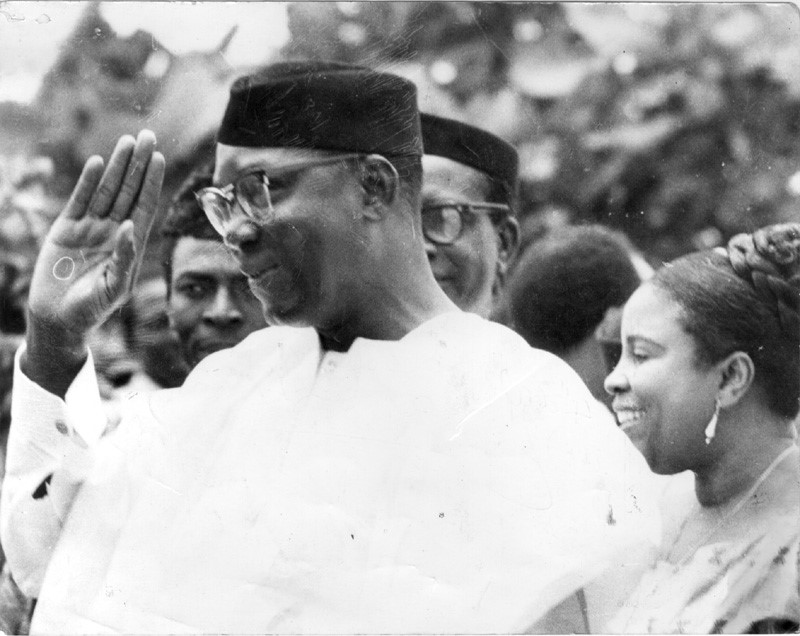
Nnamdi Azikiwe
Nnamdi Azikiwe (16 November 1904 – 11 May 1996) known as ‘Zik of Africa’ was a Nigerian Statesman and the first President of Nigeria from 1963 to 1966.
He became a editor of the Morning Post in Gold Coast (Ghana) but he returned to Lagos, Nigeria in 1937 to advocate for Nigeria’s independence. Zik founded the West African Pilot which he used to advocate for emancipation from colonial rule. He was also founder of many other newspapers such as the Southern Nigeria Defender (Ibadan), the Eastern Guardian (Port Harcourt) and the Nigerian Spokesman( Onitsha).Nnamdi Azikiwe founded the Nigerian Youth Movement (NYM),a powerful nationalist organisation. He was also the also the co-founder of the National Council of Nigeria and the Cameroons (NCNC) with Herbert Macaulay in 1944. He assumed the role of council secretary in 1946. Nnamdi Azikiwe played a key role in opposing the hegemony of the British in the Clifford Constitution,and Richards Constitutions.
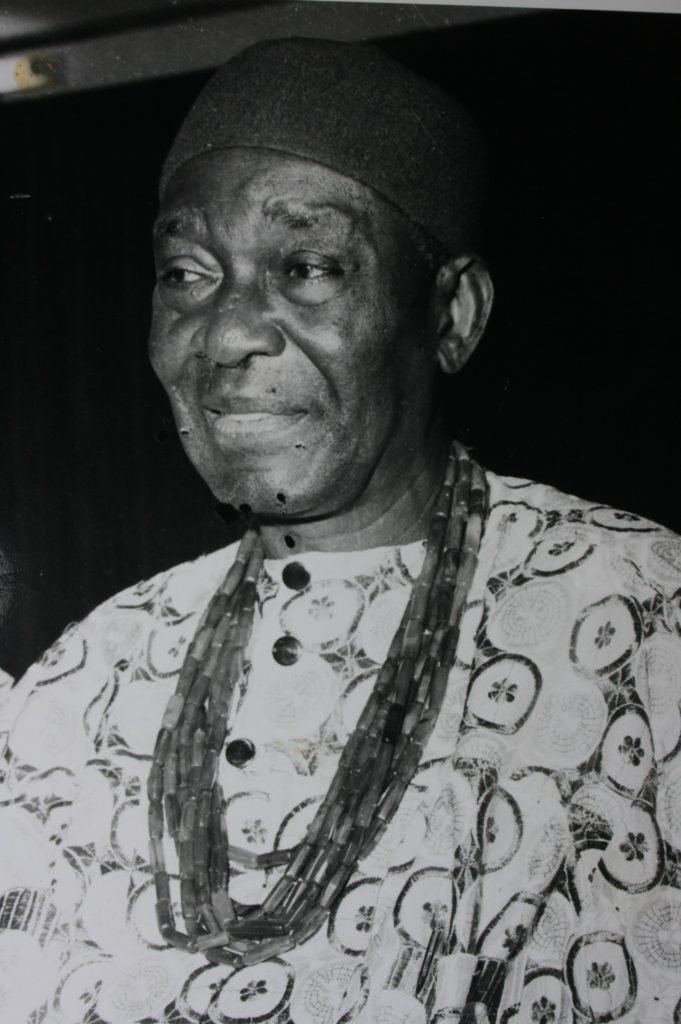
He was a member of the legislative council in Lagos under the National Democratic Party. He later became a member of the regional assembly where he was the head of opposition government.ZIK WAS Nigeria’s first governor-general and the first Nigerian member of the Privy Council of the United Kingdom. In later years, Zik was chancellor of the University of Lagos from 1972 to 1976.
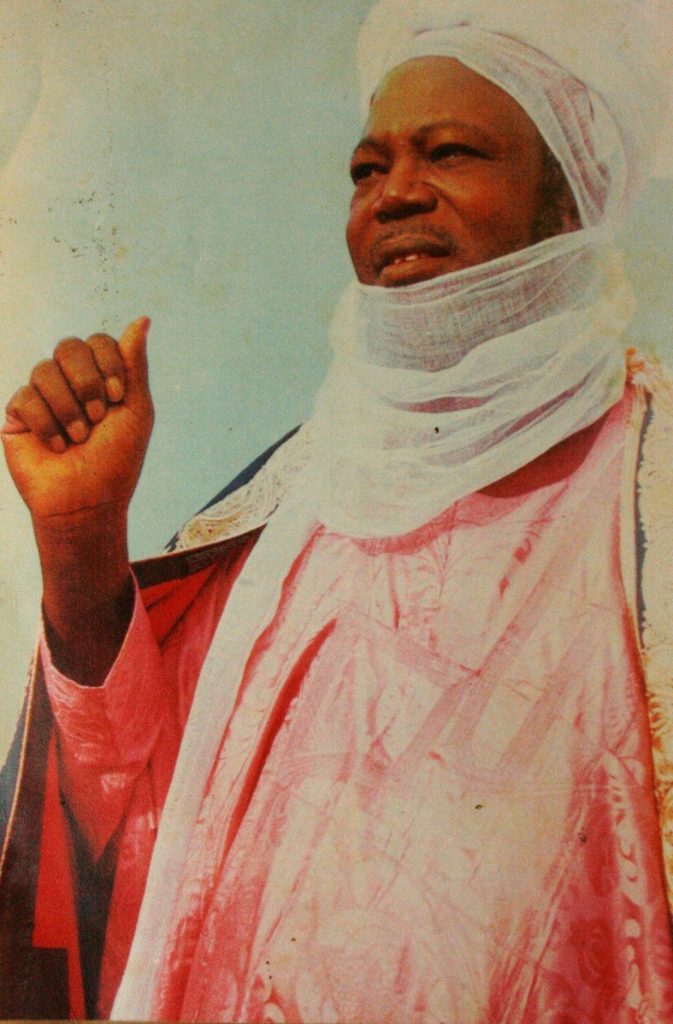
Sir Ahmadu Bello
Sir Ahmadu Bello (Born, June, 12 1910) was Nigeria’s first and only premier. He was a leader of the Northern People’s Congress. Bello was a royal from the Sokoto Caliphate and had been a District Head of Rabah town, Divisional Head of Gasau and later as crown prince (Sarduana), Chief Political Adviser to the Sultan of Sokoto.
These roles horned his skills when Nigeria was inching closer to independence. He was a resounding voice in the regional house of assembly and his immense influence in the North gave him the oppourtunity to redraft the Richards Constitution. He was also the minister of works, of Local Government and of Community Development in the Northern Region.
Under his premiership, institutions like the Northern Nigeria Development Corporation, NNDC, Bank of the Northern Nigeria Investments LTD, NNIL were created to harness the resources in Northern Nigeria for Public good. He also initiated koranic education with secular subjects in each province in Northern Nigeria. He also helped to groom many for the training and positioning of Northern Civil Servants instead of expatriates in the region. He was a man known for his high morality and intellectual virtues.
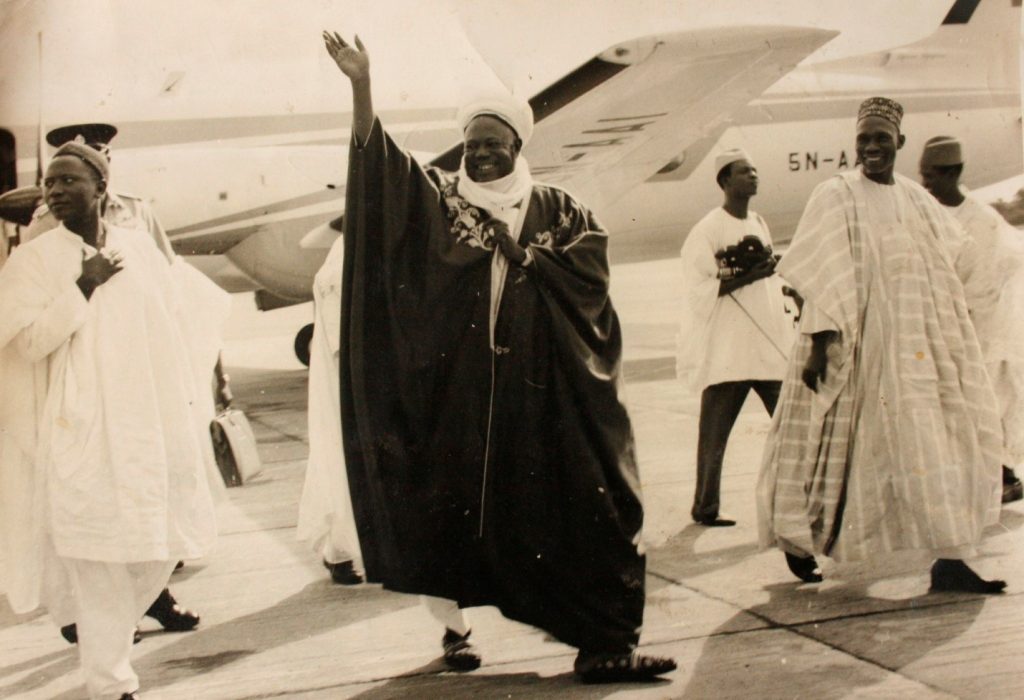
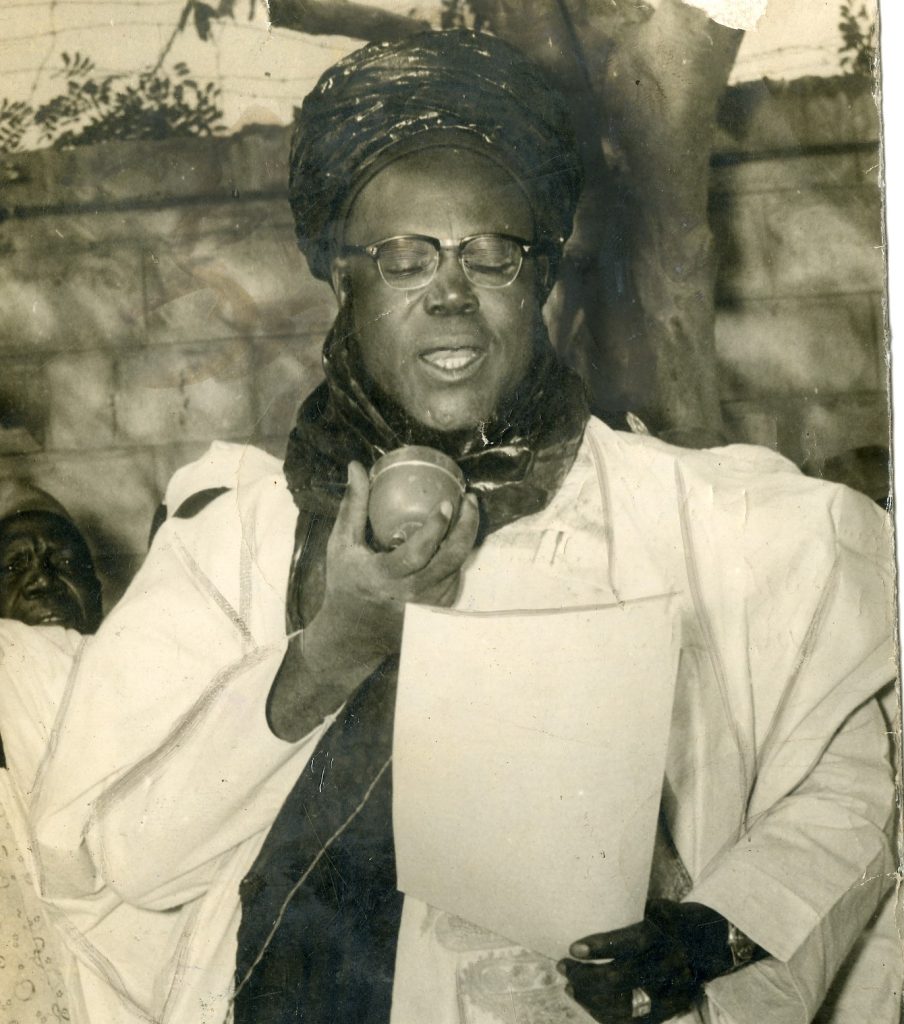
Chief Festus Okotie-Eboh
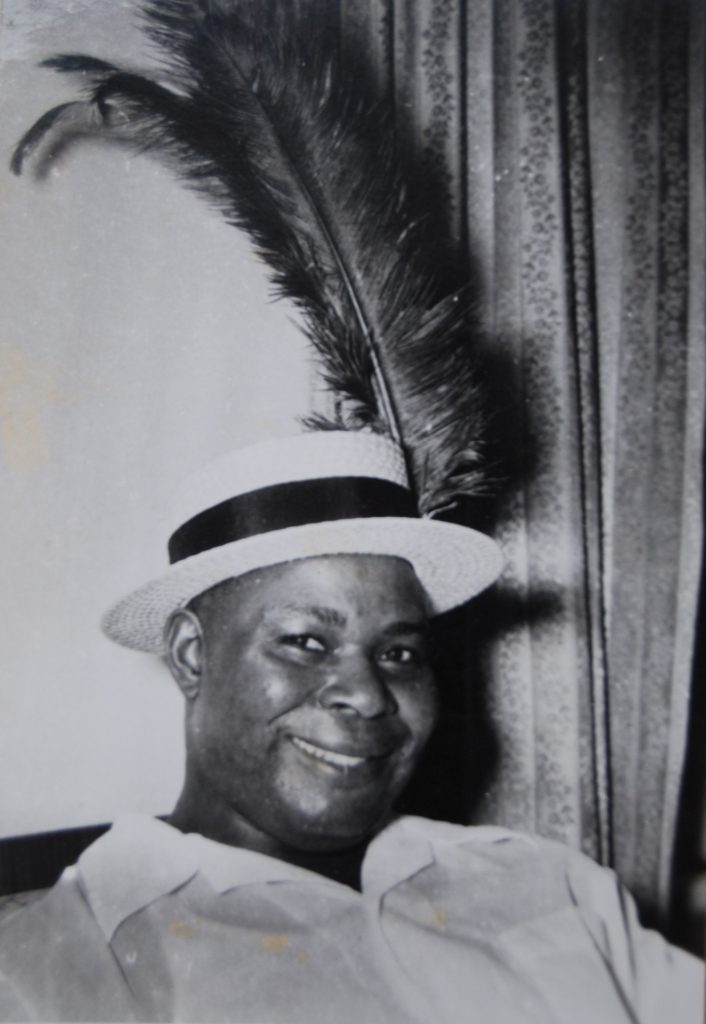
Okotie-Eboh was a flamboyant politician, businessman and industrialist.He was a member of the West Region House of Assembly in 1951. He was also the Federal Minister of Labour and Welfare in 1955 and Finance Minister in 1957.
Okotie-Eboh was known for establishing schools such as the Sapele Boys Academy, Sapele Secondary School as well as supporting Nnamdi Azikiwe to establish a College of Commerce.
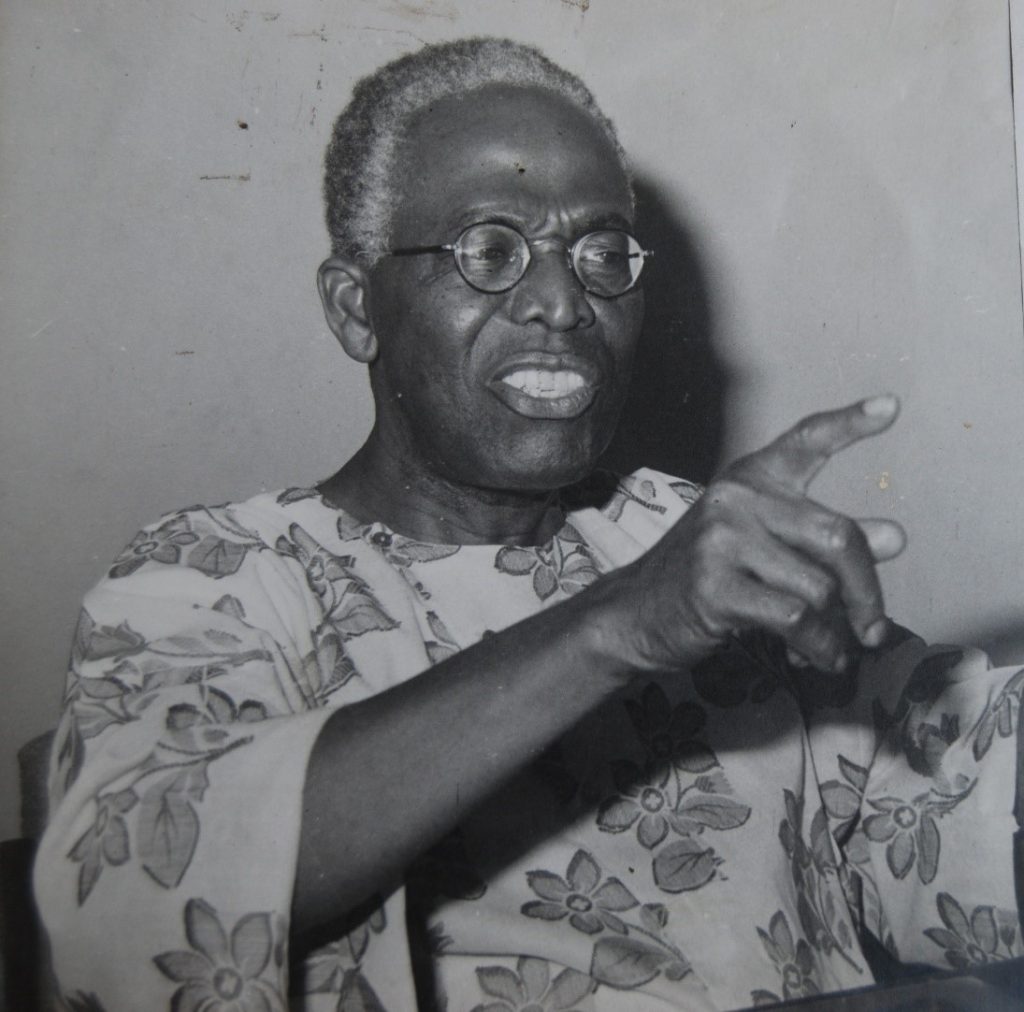
Chief Obafemi Awolowo
Obafemi Jeremiah Oyeniyi Awolowo (6 March 1909 – 9 May 1987), was the first premier of the Western Region and the leader of the opposition in 1959. His also held portfolios like the leader of Government Business and Minister of Local Government and finance. He was later also Minister of Finance and Vice-Chairman of the Federal Executive under Head of State, Yakubu Gowon in 1966. He is the first person in postcolonial times to be named the leader of the Yoruba.
He was the founder of the Nigerian Tribune, a newspaper which he used to raise national consciousness in the colonial era. He was an advocate of federalism and national integration. He introduced the free primary education and free primary healthcare for children in the Western Region.
He also established the first television service in Africa in 1959 and the Oduduwa Group which was financed by Cocoa.
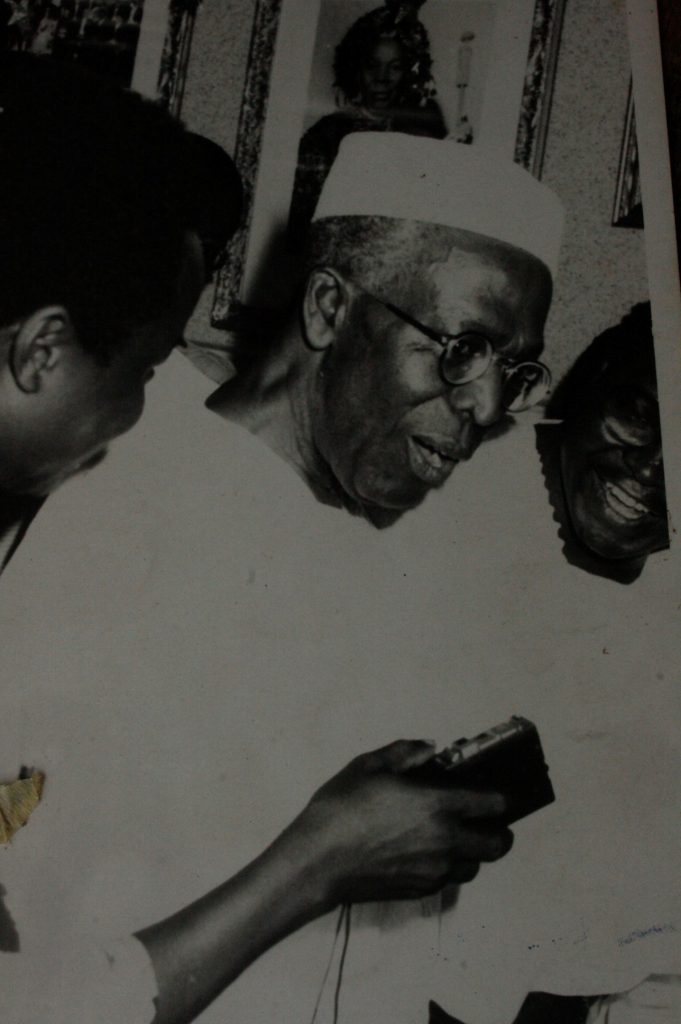
Chief Ladoke Akintola
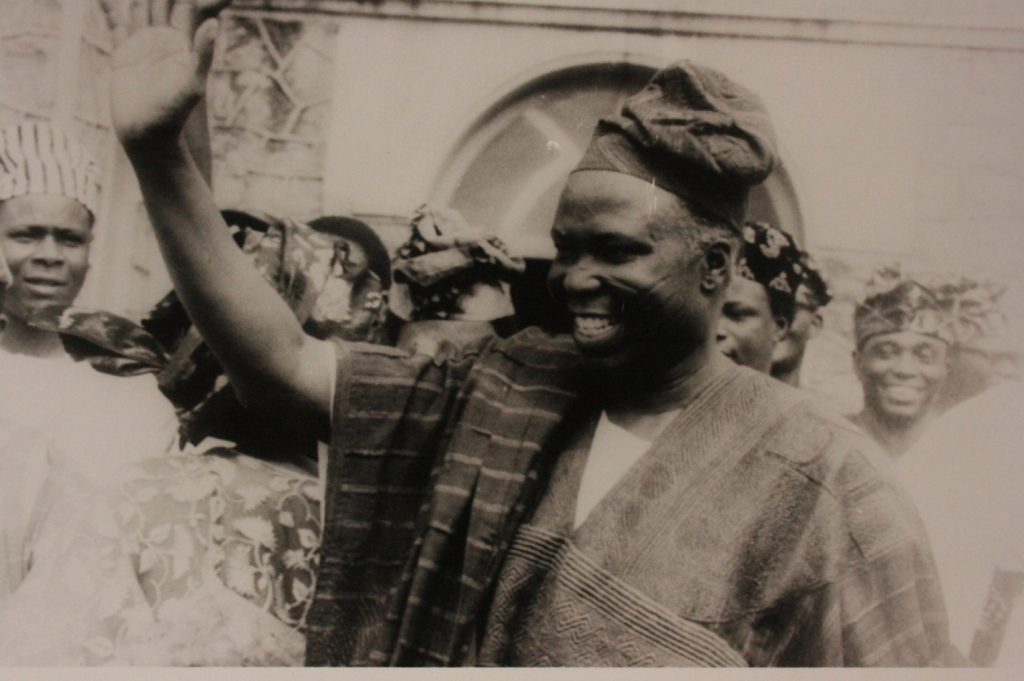
Chief Samuel Ladoke Akintola (July 6, 1910-January 15, 1966) was a politician and lawyer. He was Leader of the Opposition in the House of Representatives, and later Federal Minister of Health, Communication and Aviation.He later became the Premier of the Western Region in 1963.
He was a member of the Nigerian Youth Movement and fierce supporter of Chief Nnamdi Azikiwe’s NNDP, after defecting from the Action Group.
He was the founder of Iroyin Yoruba, a newspaper that helped advance the writing and reading of the Yoruba language.
He helped complete the building of the University of Ife, and played a role in the completion of Premier Hotel and other monuments.
Micheal Okpara
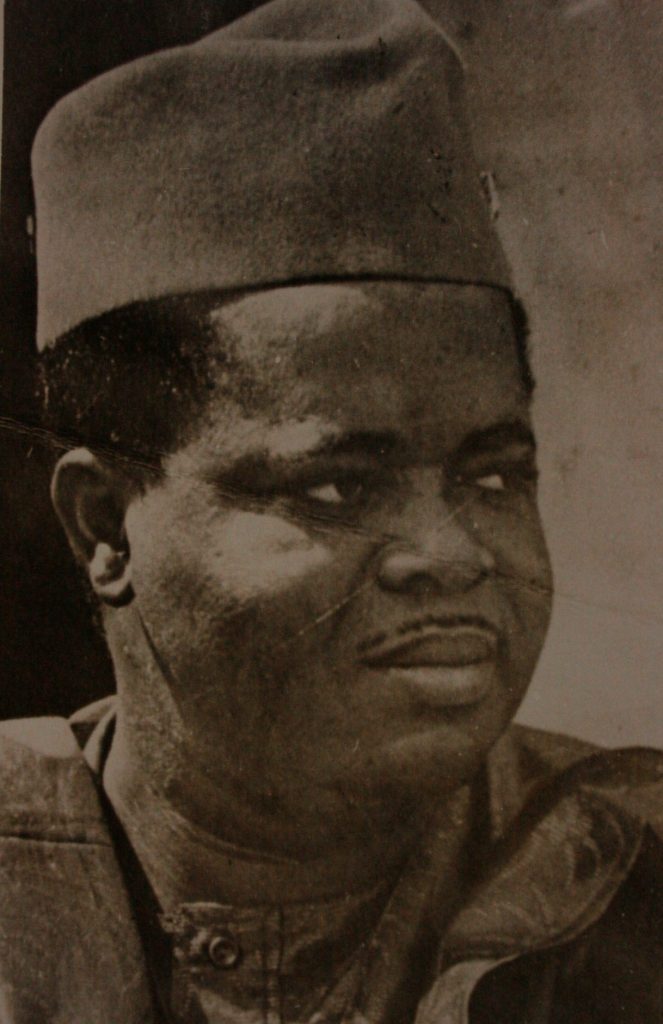
Michael Iheonukara Okpara (25 December 1920 – 17 December 1984) was the Premier of Eastern Nigeria from 1959 TO 1966. He was the youngest Premier in Nigeria and was known to advance a ‘pragmatic socialism’ for the country.
He was an outspoken leader. During the colonial era, he was arrested for speaking truth to power and was arrested for complicity in inciting the Enugu coal miner’s riot in 1949. He was an active Zikist for many years.
Dennis Osadeby
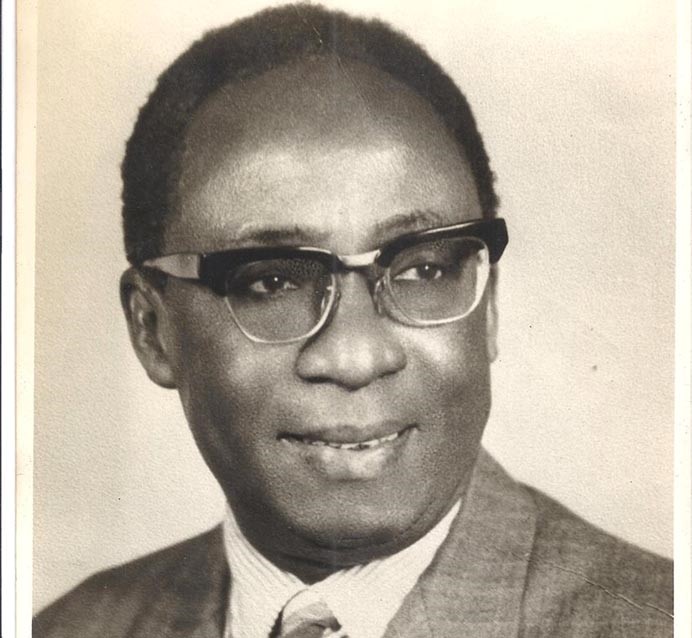
Dennis Chukude Osadebay (29 June 1911—26 December 1994) was a Nigerian politician, poet,
journalist and former premier of the now defunct Mid-Western Region of Nigeria.
Mbonu Ojike
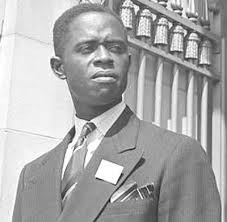
Mbonu Ojike (c 1914 – November 29, 1956) was the Second Vice President of the NCNC and the Deputy Mayor of Lagos in 1951. He was later regional minister of works in 1954 and later minister of finance.
Read Also: Nigeria@60: Full Text of the Independence Day Speech
Mbonu Ojike was a columnist at the West African Pilot and was a prominent voice in the Coal Miner’s Strike in1949, a strike that heightened the resolution for Nigeria’s independence in Eastern Nigeria. Mbonu ojike introduced the Pay-as-You-Earn-Tax system, he was also known to encourage indigenous production of goods and services as a way to boycott foreign goods and retain and replenish economic activities in the country.
Suleiman Galadima
